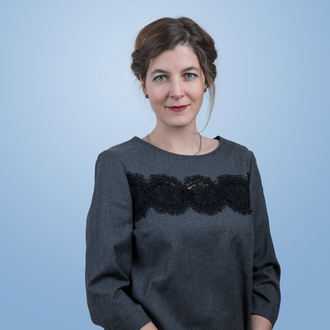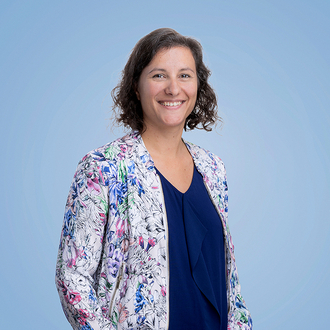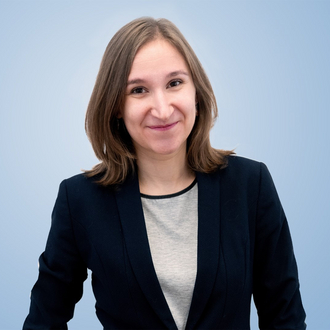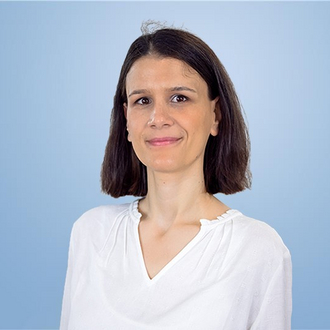The chEERS Lab (Swiss Emotion Experience, Emotion Regulation and Support Laboratory) at UniDistance Suisse and the University of Fribourg is a team of researchers who studies affective processes and their impact on our mental health and well-being.
Our research approach
Our research centers on several inter-related questions.
- How do people regulate their emotions? We examine emotion regulation in different ages and populations with and without neurodevelopmental disorders and how emotion regulation impacts health and well-being. For example, we are interested in how individuals on the autism spectrum or with Williams syndrome regulate their emotions, and if and how others can help them with their regulation.
- Positive emotions: We are interested in understanding underlying mechanisms of possible differences in experiencing and expressing positive emotions in individuals on the autism spectrum compared to typically developing individuals.
- Sense of humor: In several research projects, we aim at understanding the efficacy of humor as an emotion regulation strategy but focus also on differences and similarities in the sense of humor in different populations.
- Play and games: We are interested in developing tools to promote the development of emotional competencies. We have created board games (chEERS games) that probe emotion recognition, understanding, and emotion regulation.
In our research projects, we use a multi-method approach, utilizing controlled experiments and studies that employ a variety of measures to induce and assess emotions:
- self- and parent reports (e.g., survey-based studies)
- autonomic physiology (e.g., cardiovascular and electrodermal activity)
- nonverbal behavior (e.g., facial expressions)
- virtual reality (VR)
- board games
- Participative research: our goal is to collaborate closely with individuals on the autism spectrum or Williams syndrome or their parents, to make sure our research questions and insights are relevant to them.
We also examine how key social and psychological factors shape how emotional competencies unfold differently across people:
- age (children, adolescents, adults)
- neurodevelopmental disorders (Autism, Williams syndrome)
Using these methods, our research contributes to a better understanding of affective processes and to formulate treatment implications.
How can you participate? We are recruiting French and German speaking participants for our various research projects, some of which are conducted online. You can contact us at any time to participate in one of our current studies: emotion@unidistance.ch






